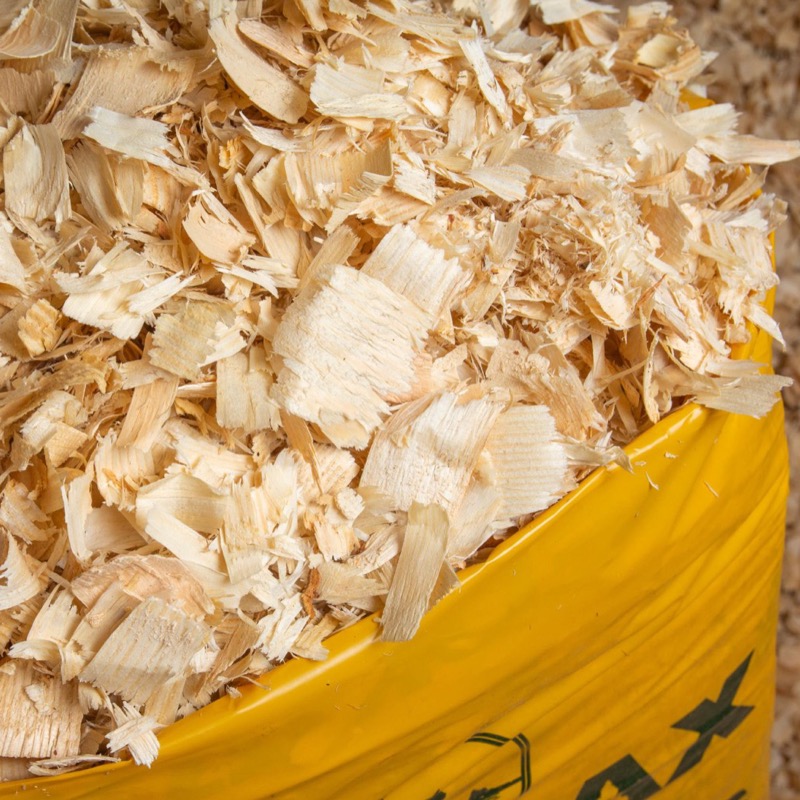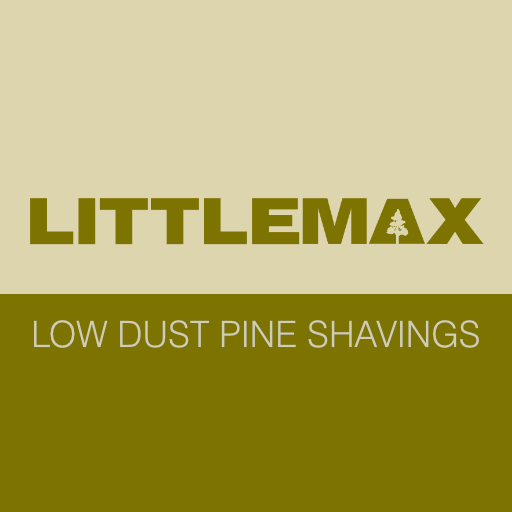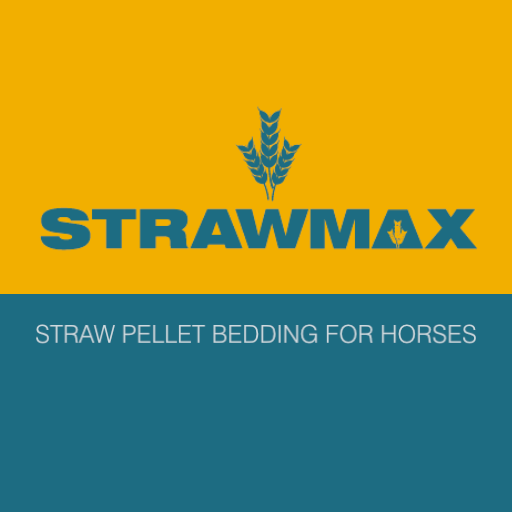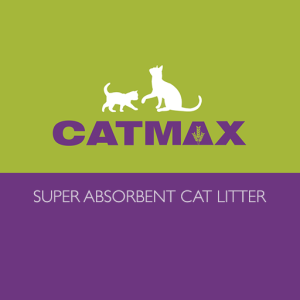Bedmax National Equine Health Survey
2022Every year we conduct a National Equine Health Survey, the primary purpose of which is to check the extent and nature of equine health issues experienced by UK owners.
Our Survey Focus and Aims
The primary purpose of our latest survey, carried out in the last three months of 2021, was to check the extent and nature of equine health issues experienced by UK owners, and to compare the results with our previous similar surveys.
The focus of our survey was on equine health issues – as distinct from injuries. The responses gave us a clear picture of the large proportion of owners whose horses had suffered problems over the past 12 months and identified the most common health problems. The survey also confirms the high number of hours in each 24-hour period that horses are spending in their stables in the winter months, and the types of bedding that our respondents are using in their stables.
The Survey Results
Horses: 2305 +
- Approximately 70% of respondents own or are responsible for the care of more than 1 horse, and 22% for more than 3.
- The minimum total number of horses owned or cared for by the respondents is therefore 2,305.
- The maximum number is likely to be over 3,000.
Respondents: 993
- The results are taken from 993 UK horse owners who responded to the survey.
- 45% of the respondents kept their horses at home; 45% at DIY livery.
- For more than 50%, leisure riding is the principal activity, with eventing, dressage and show jumping the most popular forms of competition.
Key Findings
Hours in the stable – winter
Hygiene was a key priority in respondents’ choice of bedding, underlining growing concerns over biosecurity in stables where most horses spend at least half their lives. Over 70% of owners confirmed that in the winter months they keep their horses in the stable for a minimum of twelve hours out of every twenty four.
Read More: The Importance of Hygiene in the Stable
Equine health problems
Respiratory ailments remain the most prevalent equine health problem and at Bedmax we make our shavings from fresh pine, which offers unique antibacterial action against harmful bacteria and fungi. We also dry our shavings at sterilising temperatures and vacuum extract every particle of airborne dust we can during production, to help avoid this very problem.
Read More: Understanding equine respiratory disease
Veterinary costs
We asked respondents to indicate their costs of veterinary treatment for health problems. Of the 520 owners responding to the request to indicate their veterinary costs for treating health problems, more than 40% paid over £1,000 for treatment; 22% paid over £2,000.
Loss of use was also significant, as over 55% of owners experiencing equine health problems, said that their horses were on box rest and/or could not be ridden for more than a month.
Time required for recovery
Of those horses which had suffered any health problem during the winter months,
- 42% required box rest for between one and two weeks,
- 26% required 1-2 months box rest
- 14% 2-3 months box rests.
- 18% required more than 3 months.
Read More: Peter ‘Spike’ Milligan – The Equine Vet
Type of bedding used
48% of respondents use purpose-made shavings like Bedmax. 10% use straw, 8% wood pellets and 4% straw pellets. 22% cited ‘Other’ specifying the use of mixed beds, many with shavings on top of wood or straw pellets or loose straw.
Environmental concerns
We also surveyed attitudes to the environment, specifically to the importance of their suppliers’ environmental credibility, and to their own methods of disposing of used bedding. Almost all respondents told us they or their stables compost their waste bedding and make it available to farmers or gardeners.
Read More: Composting Used Shavings










